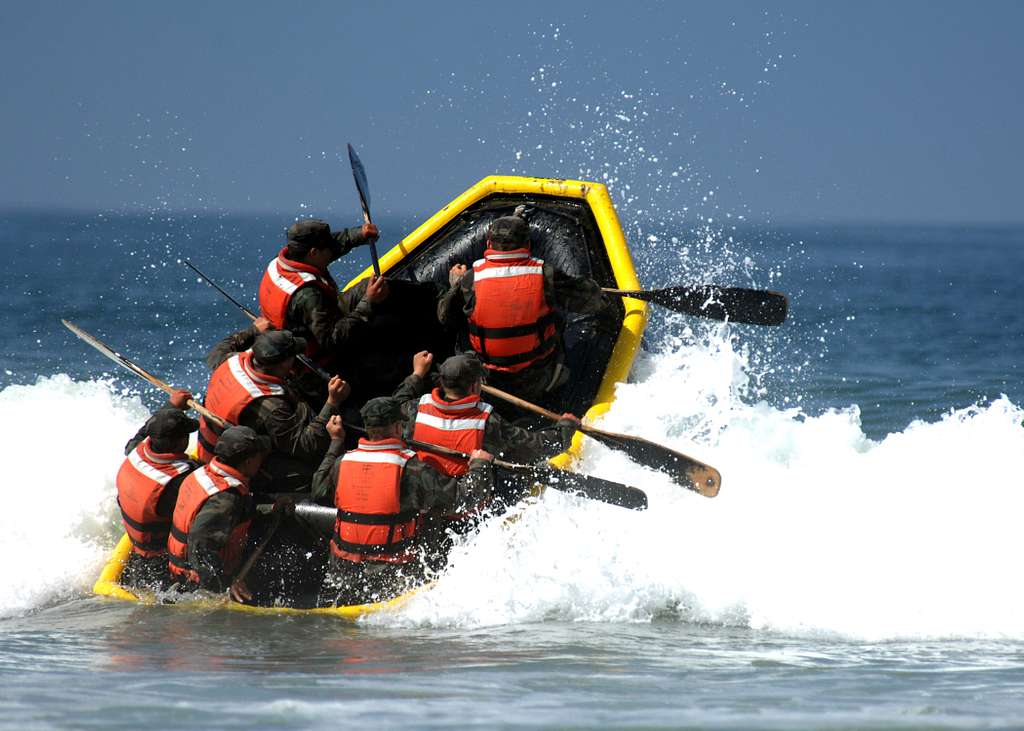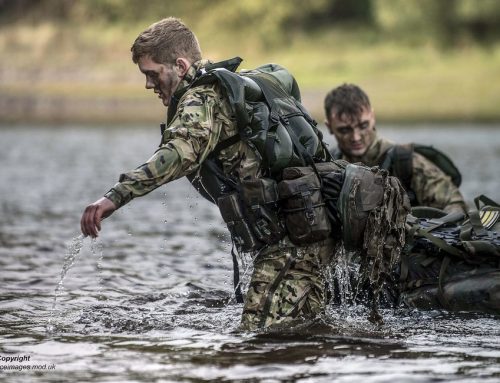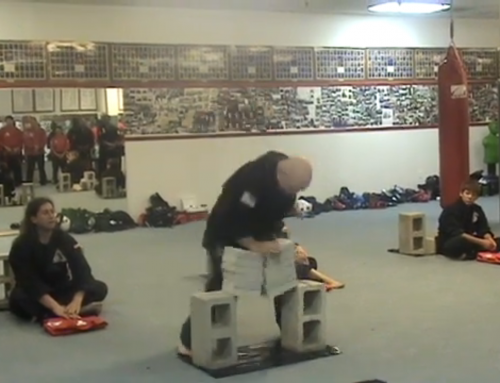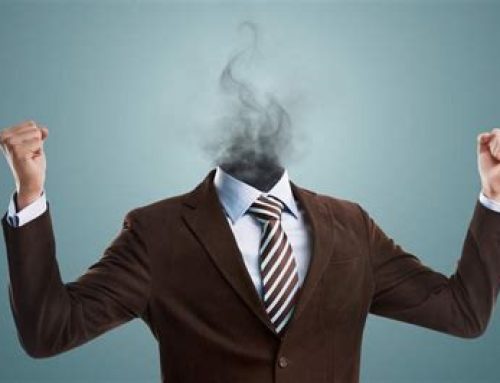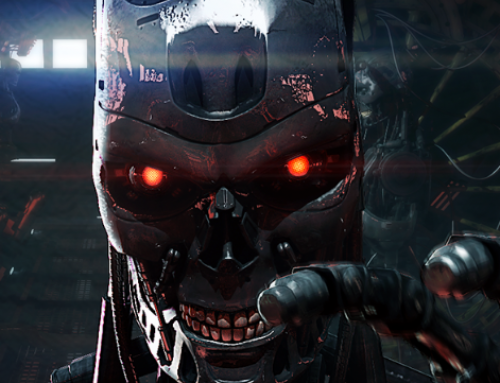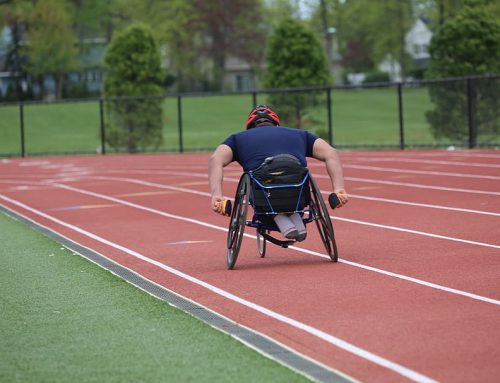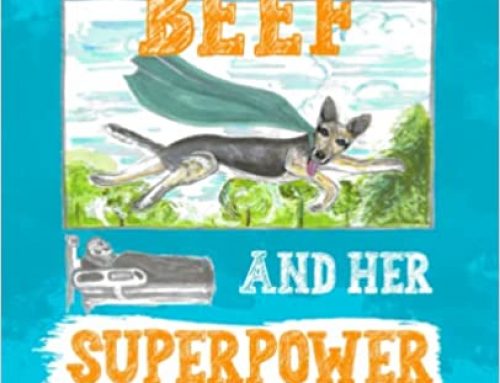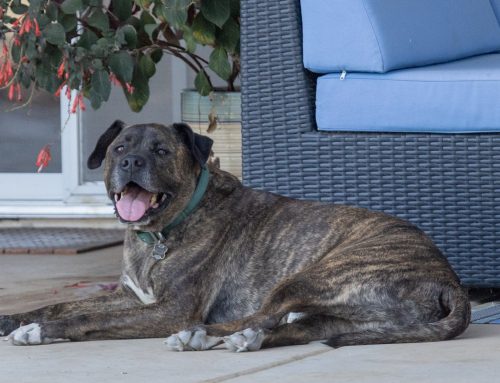I know, I missed the entire month of October. My apologies. My wife and I got hooked on a new TV show, Special Forces: World’s Toughest Test. If you haven’t seen it, I would classify it as a unique type of reality TV show. Four special forces operators from various American and British units take a group of celebrities through a grueling 10-day “selection process.” The process is based on the initial training the various units use when selecting members to join them. You may be familiar with the US Navy SEALs BUD/S’ Hell Week as one example.
The participants are made up of accomplished actors, athletes, singers, and TV personalities. In season 1 you have celebrity chef Tyler Florence, TV personality Dr. Drew Pinsky, retired hall of fame catcher Mike Piazza, current NBA all-star Desmond Howard, former Super Bowl winning wide receiver Danny Amendola, 3 Olympic gold medalists, and 8 other various singers and TV personalities who have achieved an extremely high level of professional success no matter what standard you apply.
While the show’s selection process is nowhere near as intense as the real McCoy, it is designed to push the participants past their limits. No just their physical limits either. It pushes them past the edge of their emotional and psychological limits. The test challenges each of the participants beyond anything any of them has experienced before this. There are two aspects of this show that I find particularly interesting.
Head Trash
The first is the realization that each and every participant brought with them a boat load of head trash. They all were filled with doubt. Some masked it with bravado, others radiated it like photons from the sun. This is exactly what the selection process was designed to reveal. The truly interesting part was how the more successful participants dealt with their trash. Those that succumbed early never embraced their doubt, they held it at arms-length as if it was something that was happening to them. They used excuses that made their doubt seem to be an outside factor over which they had no control.
The participants who advanced the farthest ultimately eliminated them. They didn’t eliminate their doubts by denying them, using positive affirmations to attempt to dissipate them, or compartmentalize them into the dark recesses of their psyche. They actually embraced their weakness, acknowledged them, and owned them, As a result they faced their fears and discovered they were not real.
Our Stories
Our weaknesses are nothing more than a story we tell ourselves rooted in our past experiences. I’m not talking about the objective facts of our lives; I’m referring to the story we tell ourselves about them. The late, great Darren Cecil, the original co-host of my podcast is an excellent case in point. He was born without his left arm from just below the elbow. That is an objective fact.
Some would choose to call themselves handicapped and unable to play sports. That would be a story. Darren won more than a few dollars on the basketball court hustling people who judged him. He played baseball with only one hand. He didn’t let the lack of a hand define him as a non-athlete, he chose to define himself as an athlete and then figured out how to embrace his lack of a hand.
Mike Piazza’s experience in season 1 is a great example of this. At 54 Mike was the third oldest participant and the oldest athlete (Dr. Drew Pinsky was the oldest participant with Anthony Scaramucci the second oldest). Piazza acknowledged his age and continued to give his all. Sometimes passing and sometimes failing the test but always giving everything he had. He didn’t let his age define him in spite of the objective reality.
Another objective reality was he was able to stand, walk, run, etc on his last day on the show. However, when he withdrew, he said he was physically spent. The fact is he walked off under his own power. He could have gone farther had he chosen to. Passing the physical tests was not a requirement to stay on the show. Attempting the tests and giving 100% in the attempt was the only criteria the “staff” was looking for. When Piazza left he told himself the story that he had no more energy. He could have just as easily told himself the story that he had one more day in him. Our stories are our choice.
Objective facts may be a past result or experience. If a team member attempted to make a cold call, or several, and didn’t have any luck they may tell themselves a story about the ineffectiveness of cold calling or about how they are no good at cold calling.
The second, and for me the more interesting aspect of the show is how the “Staff” handle and manage the celebrities through their trials and tribulations. If you want to read more on this, stand by for the next issue. I promise it won’t be a month.


